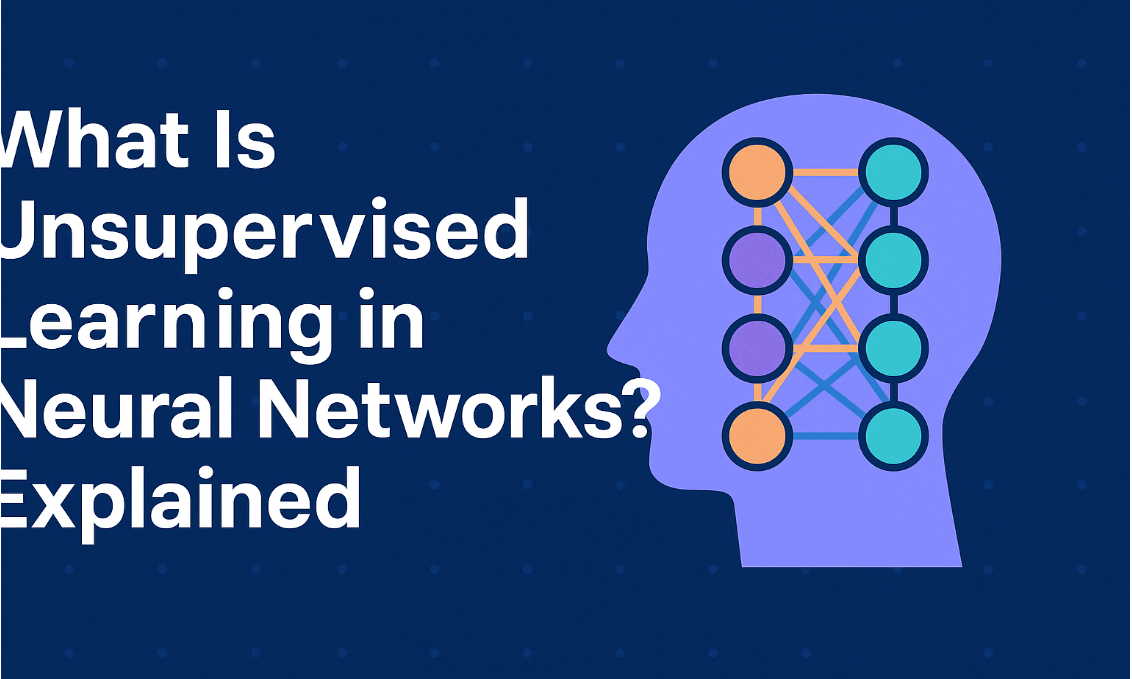.png)
AI in Healthcare: Revolutionizing Medical Care
Artificial Intelligence (AI) is rapidly transforming the healthcare landscape, offering innovative solutions to complex medical challenges. From improving diagnostics to accelerating drug discovery and enabling personalized treatment plans, AI has the potential to revolutionize patient care.
Medical Diagnostics
- Image Analysis: AI algorithms can analyze medical images, such as X-rays, MRIs, and CT scans, with exceptional accuracy, often surpassing human capabilities. This can lead to earlier detection of diseases like cancer and more precise diagnoses.
- Disease Prediction: AI can analyze vast amounts of patient data to identify patterns and predict the likelihood of certain diseases, enabling proactive interventions and preventive care.
- Remote Monitoring: AI-powered wearable devices and remote monitoring systems can track patient vital signs, detect anomalies, and alert healthcare providers to potential health issues.
Drug Discovery
- Accelerated Research: AI can significantly speed up the drug discovery process by analyzing vast amounts of molecular data and identifying potential drug candidates.
- Personalized Medicine: AI can help develop personalized treatment plans based on a patient's individual genetic makeup and medical history, improving treatment outcomes and reducing side effects.
Personalized Treatment Plans
- Precision Medicine: AI can analyze patient data to identify the most effective treatment options for individual patients, tailoring care to their specific needs.
- Risk Stratification: AI can help stratify patients based on their risk of developing certain diseases, allowing for targeted interventions and preventive measures.
- Treatment Optimization: AI can optimize treatment plans by analyzing patient responses to different therapies and adjusting treatments accordingly.
Challenges and Ethical Considerations
While AI offers immense potential for improving healthcare, there are also challenges and ethical considerations to address:
- Data Privacy: Ensuring the privacy and security of patient data is crucial.
- Bias: AI algorithms can inherit biases present in the training data, leading to unfair or discriminatory outcomes.
- Explainability: Understanding how
AI algorithms make decisions is essential for ensuring transparency and accountability. - Human Oversight: AI should be used as a tool to augment human expertise, not replace it.
Conclusion
AI is poised to revolutionize healthcare by improving diagnostics, accelerating drug discovery, and enabling personalized treatment plans. By addressing the challenges and ethical considerations, we can harness the power of AI to improve patient outcomes and transform the healthcare landscape.
FAQs: AI in Healthcare
Q: What is AI in healthcare?
A: AI in healthcare refers to the application of artificial intelligence technologies to improve medical diagnosis, treatment, and research.
Q: How is AI used in medical diagnostics?
A: AI can analyze medical images, such as X-rays and MRIs, to detect abnormalities and assist in diagnosis. It can also predict the likelihood of certain diseases based on patient data.
Q: What are the benefits of AI-powered drug discovery?
A: AI can accelerate the drug discovery process by analyzing vast amounts of molecular data and identifying potential drug candidates. This can lead to faster development of new treatments for diseases.
Q: How can AI enable personalized treatment plans?
A: AI can analyze patient data, including genetic information and medical history, to identify the most effective treatment options for individual patients.
Q: What are the potential challenges and ethical considerations of using AI in healthcare?
A: Challenges include ensuring data privacy, addressing bias in AI algorithms, and maintaining human oversight.
Q: How can AI improve patient outcomes?
A: AI can improve patient outcomes by enabling earlier detection of diseases, accelerating drug discovery, and providing personalized treatment plans.
Q: Are there any risks associated with using AI in healthcare?
A: While AI offers significant benefits, there are risks such as the potential for bias in algorithms and the need for careful oversight to ensure ethical use.
Q: How can healthcare providers implement AI in their practices?
A: Healthcare providers can implement AI by partnering with technology companies, investing in AI research and development, and training their staff on how to use AI tools effectively.
Q: What is the future of AI in healthcare?
A: The future of AI in healthcare is promising, with the potential to revolutionize medical care by improving diagnosis, treatment, and patient outcomes. However, it is important to address the challenges and ethical considerations associated with AI to ensure its responsible








